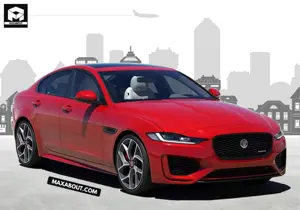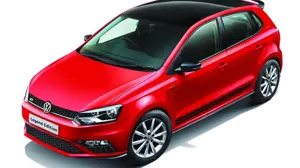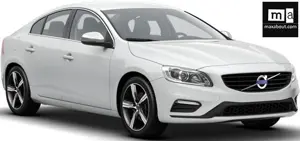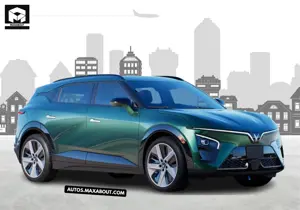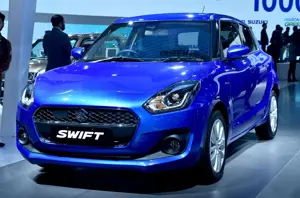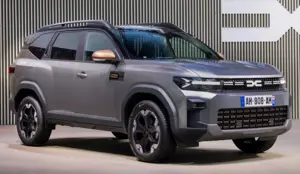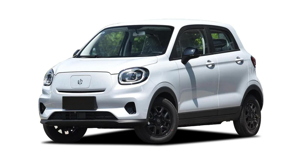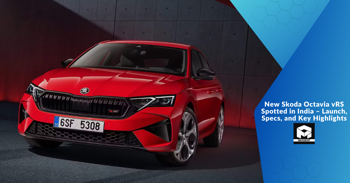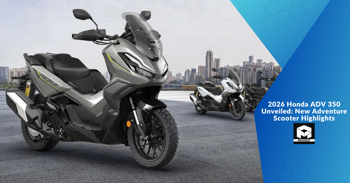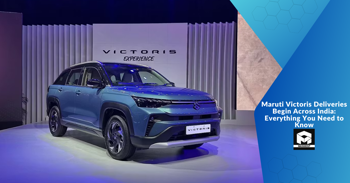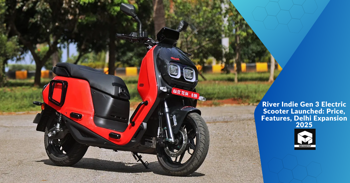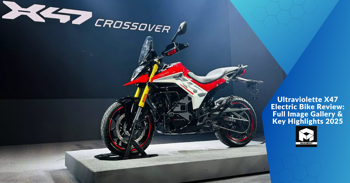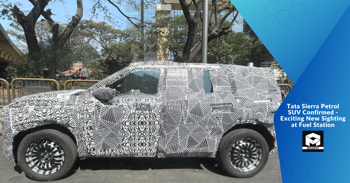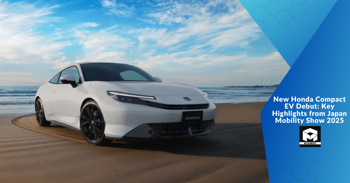How does Continental GT 650 fare in city traffic?
Riding in the city is a specialist sport when it comes to motorcycles, particularly for sportier models like the Continental GT 650. In urban environments, the bike’s weight, turning radius, and low speed maneuverability are all important. Another concern is heat management in stop and go traffic, and air cooled engines are particularly vulnerable in this respect. The use of a GT 650 in congested areas can be greatly helped or hindered by the feel of the clutch and throttle response at low road speeds. Moreover, the riding position, as more aggressive than conventional motorcycles, could influence visibility and riding comfort in situations such as tight lines maneuver and stop at traffic lights. Riders also wonder how fuel efficient the bike is in urban conditions, and how easy it is to lane split or filter through traffic (if legal).
For its size it's surprisingly nimble. Wide handle bars give you good leverage in tight spots.
Most Popular Cars
Based on Cars Popular on Maxabout
Jaguar XE SE
₹ 48,50,000
923 Views
Volkswagen Polo Legend Edition
₹ 10,25,000
971 Views
Volvo S60 R-Design (Diesel)
₹ 40,78,000
955 Views Recently Added Cars
New Cars Added On Maxabout
VinFast VF7 Sky Infinity
₹ 25,49,000
390 Views
VinFast VF7 Sky
₹ 24,99,000
382 Views
VinFast VF7 Wind Infinity
₹ 23,99,000
408 Views Upcoming Cars
Exciting Upcoming Cars
Maruti Swift Hybrid
₹ 10,00,000
1532 Views
Renault Boreal Bigster SUV
₹ 13,00,000
1586 Views
Leapmotor T03
₹ 8,00,000
1119 Views Discussions and Questions How Does Continental Gt 650 Fare In City Traffic
How does Continental GT 650 fare in city traffic?
09 January 2025 10:05
Ask a Question
Latest News
Recently Added News
2026 Mahindra Scorpio N Pickup vs Toyota Hilux: Load Testing Comparison
Saturday, 04 October 2025 18:05 PM
New Skoda Octavia vRS Spotted in India – Launch, Specs, and Key Highlights
Saturday, 04 October 2025 14:32 PM
Maruti Victoris Deliveries Begin Across India: Everything You Need to Know
Saturday, 04 October 2025 5:56 AM
River Indie Gen 3 Electric Scooter Launched: Price, Features, Delhi Expansion 2025
Saturday, 04 October 2025 4:04 AM
Ultraviolette X47 Electric Bike Review: Full Image Gallery & Key Highlights 2025
Thursday, 02 October 2025 4:06 AM
Tata Sierra Petrol SUV Confirmed - Exciting New Sighting at Fuel Station
Wednesday, 01 October 2025 23:00 PM
New Honda Compact EV Debut: Key Highlights from Japan Mobility Show 2025
Wednesday, 01 October 2025 14:40 PM
